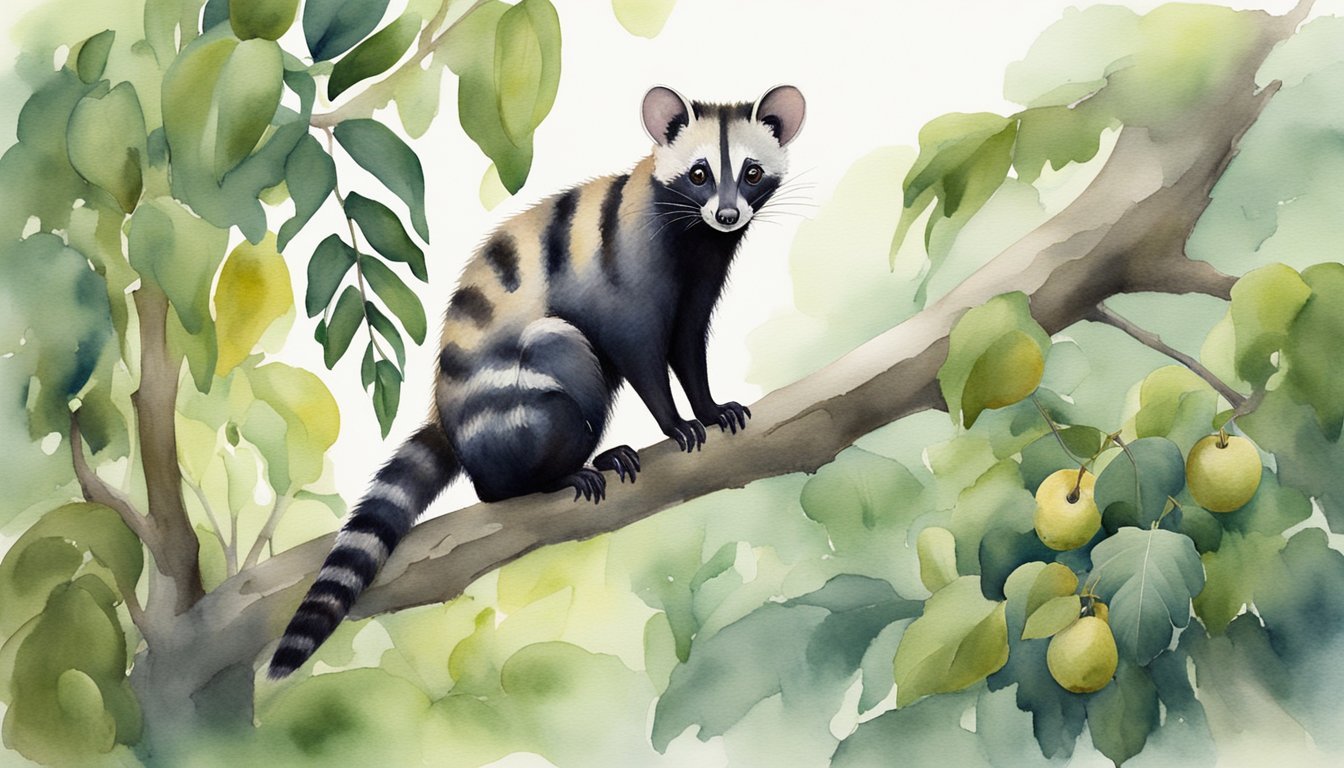Understanding Poop Coffee
Poop coffee, most commonly known as kopi luwak, is a unique form of coffee produced using beans that have been consumed and excreted by certain animals, typically the Asian palm civet. The process by which these beans are gathered and prepared imparts a distinct flavor profile that is prized in the coffee industry.
Origins and Production
Kopi luwak originated in Indonesia and is largely produced in Southeast Asia. The method begins with the Asian palm civet, which consumes ripe coffee cherries. As the cherries pass through the civet’s digestive system, fermentation occurs due to digestive enzymes. These enzymes alter the chemical structure of the coffee beans, a process believed to reduce bitterness and add smoothness to the coffee’s flavor. After the beans are excreted, they are meticulously cleaned, dried, and roasted to create a luxury coffee product.
The production of kopi luwak is not only unique but also quite rare, marking it as one of the most expensive coffees in the world. Despite ethical concerns over the treatment of civets and authenticity of the beans, kopi luwak has maintained a high demand in the coffee industry.
Distinct Varieties
Although kopi luwak is the most renowned, there are additional varieties of animal processed coffees, each with its unique backstory and flavor profile. Besides the Asian palm civet, other animals like elephants and monkeys have been known to produce similar coffee through the consumption and digestion of coffee cherries.
The type of animal, its diet, and the specifics of its digestive enzymes contribute to different outcomes in fermentation and ultimately in taste. The coffee beans, most often of the Arabica variety, after passing through the animals, foster a nuanced flavor that is much sought after by aficionados and curious consumers alike.
By understanding the unique production process of animal poop coffee, especially through the lens of kopi luwak, one can appreciate the extraordinary journey from a wild civet’s diet to a cultivated coffee experience.
Ethical and Environmental Considerations

The ethical and environmental implications of producing poop coffee, particularly from civets, raise questions about animal welfare and the sustainability of current practices.
Animal Welfare and Conservation
The production process for the world’s most expensive coffee, kopi luwak, often involves inhumane conditions for the civets. These small mammals are kept in battery cages, severely limiting their movement and ability to exhibit natural behaviors. Such conditions are not only ethically concerning but may also contribute to wildlife crime, as demand for authentic kopi luwak encourages the capture of wild civets. This practice can lead to a reduction in civet populations in the wild, disrupting local ecosystems.
Market Influence and Alternatives
The price and perceived authenticity of kopi luwak drive its demand in the specialty coffee market. However, ethical concerns over animal welfare have influenced some producers to source beans from wild civets without the use of cages. Moreover, the coffee market is exploring alternatives that do not compromise animal welfare or contribute to climate change. These initiatives encourage consumers to opt for regular coffee or other specialty coffees that maintain ethical standards of production.

